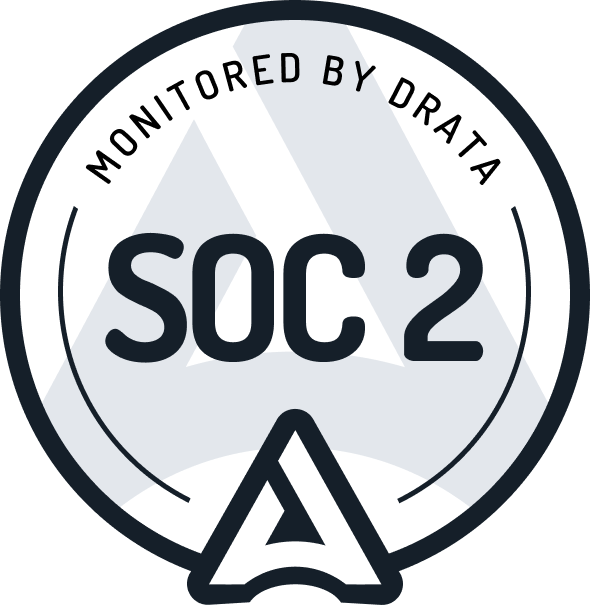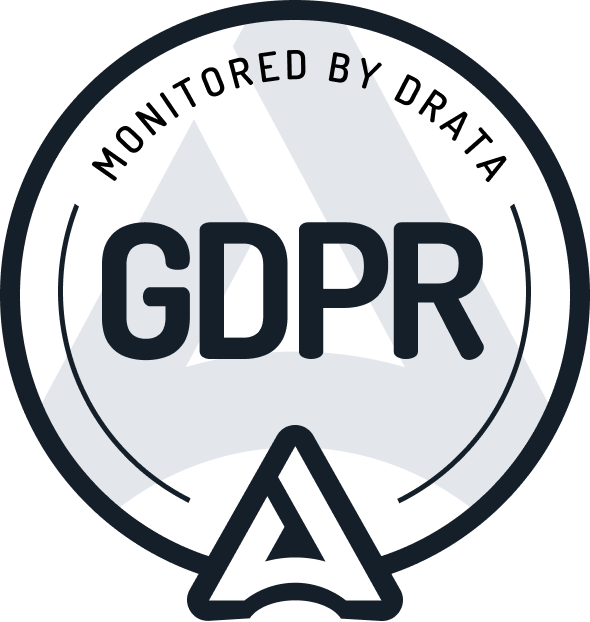
Why pace is a challenge for community building
Get notified when customers mention you online - with Crowdlens
Jonathan Reimer: Hi Shruti! Can you introduce yourself and tell us how you got into developer community building?
Shruti Kuber: Hi! My name is Shruti Kuber, and I work as a developer advocate and community manager at EMnify. I did a bachelor’s degree in electronics and telecommunication, and my master’s in embedded systems. I chose this master, which has a technical side, but also has a minor in entrepreneurship and innovation because I knew that I didn't want to be a full-time developer. I wanted to do something in between - use my communication skills, and still be in the technical field.
When I was doing my master's, I was looking for working student positions, and I saw this position called “developer evangelist”. I had no idea what it was, but it said developer, so I read the job description and it sounded like something I would be really into. So I started as a working student at HERE Technologies and I really liked the job. Now I am in the second stage, trying to do a little bit more than I was doing there. I am the sole DevRel person at EMnify and we are trying to build the EMnify developer community from scratch.
Jonathan: Do you want to give us a short pitch of what EMnify is doing?
Shruti: EMnify is a Communication Platform for IoT Solutions. EMnify provides you with global connectivity via its multi-network IoT SIM cards. EMnify also gives you metadata of the connectivity so that connectivity is not a blackbox anymore. On top of that, there are features like security, where you can use Cloud Connect to secure your connection to your database. You also have control over your data consumption. That is why it's an IOT cellular communication platform.
Jonathan: What would you say, how important is the developer community for EMnify?
Shruti: It's super important. When you go from just being a network provider to a platform, it means you are making things available for developers. It means that all the tools that we have are for developers to use and get as much information about the connectivity. The developers will use our APIs, or data streamers and then make everything available for you. So they're super important because they're the ones who are making sure everything is useful, that it works well, and also giving us feedback.
Jonathan: Can you share the most outstanding result you've gotten from your community building efforts so far?
Shruti: When I was working at HERE Technologies, the student initiatives that we led were the most amazing part. Every time we reached out to them, there was always a lot of participation from them at any hackathon and workshop we did. There was this one specific project from a community member, which was about alerting people before a flood occurs. And mapping out that area to say “Hey, this is an area which is more prone to flooding” and giving warnings to the community before it happens. It was completely non-profit and just a few students built the app. They actually went out there and alerted the residents that their area is prone to flooding. That potentially saved a lot of lives.
Jonathan: Wow, that’s impressive. Could you share learnings you have made so far working with developer communities?
Shruti: First of all, starting communities from scratch can be very hard. But you need to hang it there. You won't see the results very soon, so that's one of the things that you need to be really patient with.
Secondly, the less you try to market your products, the better. Because you're not here to sell your product to the community, but to fulfill the needs of your community. You're there for them; you're there to listen to them. Don't try to sell things to your community.
Jonathan: What has been the biggest challenge building developer communities?
Shruti: The pace. You put in a lot of effort and you expect things to happen. And your management also wants things to happen fast because they're spending a lot of money on this and it doesn't happen as fast as they might think. The biggest challenge is trying to convince different teams of the value of community.
Jonathan: Can you describe your typical workday?
Shruti: There's no typical workday. But what I generally try to do the first thing in the morning, is check a few RSS feeds in slack, which gives me news around my industry: Who's doing what? What are the new releases? Did someone make changes in their software or the software that we use as a company? That's also something I include in the newsletter.
Then I align with my product marketing team and talk about what needs to be done, for example, organizing webinars. After this, I will set some time apart to write content, like research on a blog or on a use case. And yes, set some time to do some research on it or play around with the code snippet, try to implement something. Then at the same time, I'm also working on arranging or organizing meetups in the latter part of the year.
Jonathan: Could you maybe also share a community building hack with us?
Shruti: I think that reaching out to communities that already exist, getting involved with them, and starting from there is very useful.
Jonathan: Do you have a favorite resource on community building?
Shruti: So there is this Slack channel called “DevRel collective” which has people from DevRel all over the world. There are a lot of people that will help you and point you to resources. I think that channel has been a really good resource for me.
Jonathan: Looking into the future, what do you think will be the role of community for B2B software companies?
Shruti: I think communities will determine what features will be built on platforms and applications. Although, in a way they already do. This is even before you are in the initial stages of your project and think about the features you may want to implement. This is a step even before that, where you consult your community about what features are wanted and needed by your members.
Jonathan: Thanks a lot for this interview, Shruti!
About "The Rise of Community"
Community is moving more and more into the focus of the software industry and beyond. Traditional marketing approaches are coming to an end with more of our (professional) lives taking place online. Therefore, companies are relying on building communities now more than ever. This is especially reasonable for products that rely on a bottom-up approach such as open-source or API. But how do these new, community-driven organizations work? What are their tips and tricks? And how will the future of communities look like? In the interview series “The Rise of Community”, you will read about the world's best community builders, including founders, DevRels, developer marketers, and community managers.
Get insights to your inbox.
Once per month. No spam.


.png)





